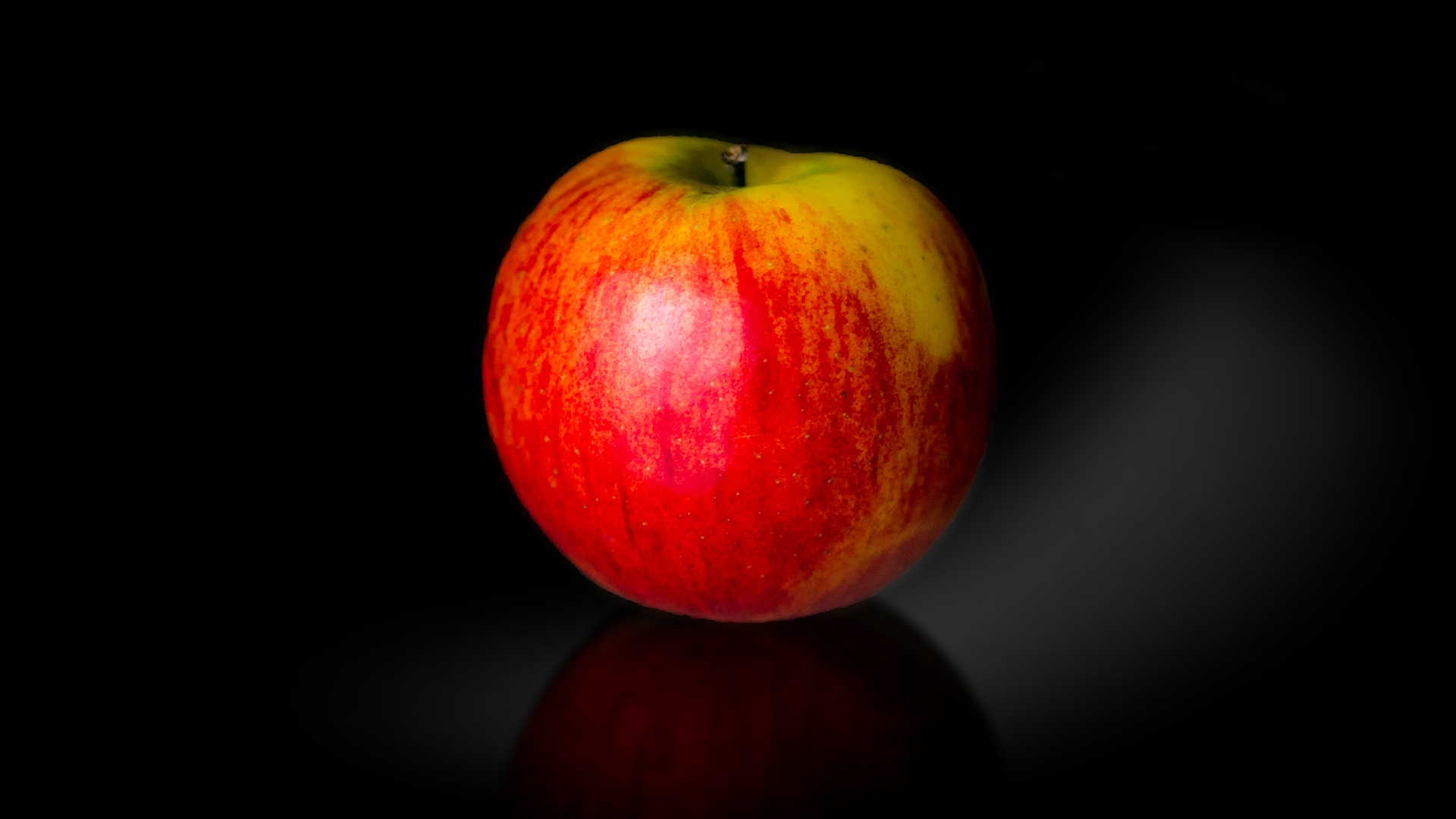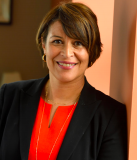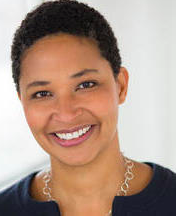As you likely know, the NAS report on sexual and gender harassment makes plain at the outset that “the most potent predictor of sexual harassment is organizational climate” (x). We will be discussing NAS’s recommendations on how to improve that climate–across KSAS and WSE and across disciplines–at the annual Where We Stand event on Thursday, Oct 25 from 5:30-7pm in Mudd Atrium.
In the meantime, consider today’s Chronicle article “One Way to Be a Better Mentor to Grad Students? Try an Advising Statement” as one suggested step towards a healthier, more equitable academic culture.
Moin Syed, in the psychology department at University of Minnesota, shares his advising statement and invites colleagues to use and adapt it. Here’s an excerpt:
Guiding Philosophy and Career Paths
My job as an advisor is to help my advisees to be successful in their chosen career. I can’t do that if I don’t know what career is desired. I want my advisees to let me know the range of career paths in which they are interested at the earliest possible date. I also recognize that career paths change through graduate school. . . .
Although our training program is clearly designed to prepare you for an academic career, I am very well aware that not all of you will go that route. I will support you in whatever career path you choose, whether it is academic or not. I will do my best to help my advisees obtain the experiences and skills needed to succeed in those various careers.
P.S. Interested in participating in WFF@H? Want to guest blog, become a “friend of WFF@H,” or join? Take three minutes here.

 . Vice Provost Hewitt introduces the report this way:
. Vice Provost Hewitt introduces the report this way:
 cousin Michael) gave a “radically woke and deeply conservative” commencement speech (video & transcript published in the Atlantic
cousin Michael) gave a “radically woke and deeply conservative” commencement speech (video & transcript published in the Atlantic 